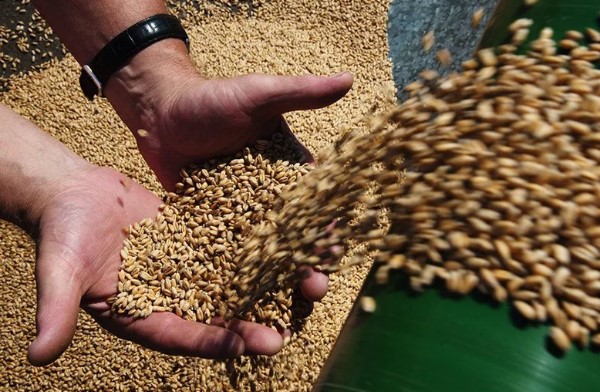
Egypt is preparing to relaunch its national commodity exchange to stabilise domestic markets and ensure a steady supply of essential agricultural goods.
- Egypt plans to relaunch its national commodity exchange to stabilize domestic markets.
- The exchange will focus on regulating trade for essential agricultural goods to manage price volatility.
- The platform will be overseen by the military-affiliated Future of Egypt for Sustainable Development.
Egypt is preparing to relaunch its national commodity exchange to stabilise domestic markets and ensure a steady supply of essential agricultural goods, the presidency announced on Tuesday.
The revamped exchange will oversee the import and export of key staples and is part of a broader push to improve market efficiency and control price volatility, Reuters reported.
DON’T MISS THIS: Egypt revives IPO market after three years with $110 United Bank sale
The exchange will be majority-owned by the military-affiliated Future of Egypt for Sustainable Development, which the presidency described as a “safety valve” for the local economy, designed to balance the interests of both producers and consumers.
Implementation and early reactions
Registration procedures for private exporters and importers have already begun, the presidency said, while a draft law to regulate the exchange’s operations is currently being developed.
Traders, however, said that they had not yet been contacted about registration. The presidency did not specify which goods would be traded through the platform.
DON’T MISS THIS: Egypt sells $1.9 billion worth of state assets to ease the pressure on its economy
Still, a March announcement indicated it would likely include crops, processed foods, animal feed, fertilizers, pesticides, and veterinary medicines.
The move comes as Egypt faces a sharp decline in wheat imports, following a significant overhaul of its procurement system. Wheat imports fell more than 27% year-on-year in the first half of 2025 to 5.2 million metric tons. Government imports in particular dropped by over 57% to 1.5 million tons.
Despite being one of the world’s largest wheat importers, Egypt has struggled to maintain consistent supply levels for both its subsidized bread program and private mills.












